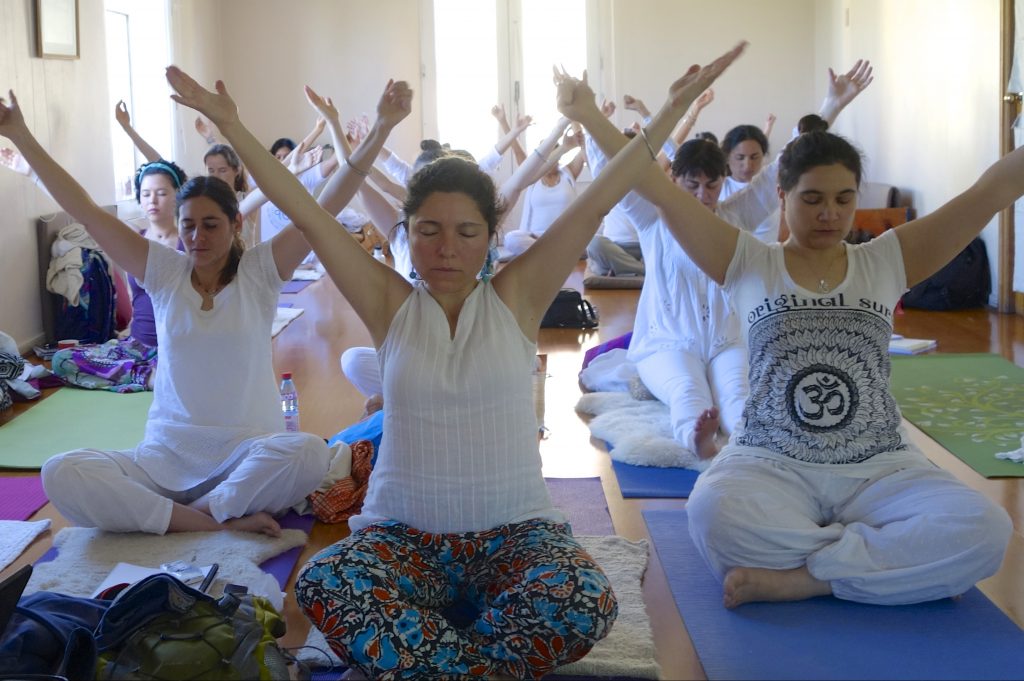 Yogic breathing exercises, such as “breath of fire” used in Kundalini Yoga, may increase tissue oxygenation, inhibiting breast cancer growth and spread. Women can be encouraged to practice 31 minutes a day, in short 3-11 minute sessions to accomplish this.
Yogic breathing exercises, such as “breath of fire” used in Kundalini Yoga, may increase tissue oxygenation, inhibiting breast cancer growth and spread. Women can be encouraged to practice 31 minutes a day, in short 3-11 minute sessions to accomplish this.
Breast cancer tumors secrete factors that act on bone to promote cancer spread and tumor growth. Effective treatments can be developed to inhibit such factors. Two factors that promote cancer spread are hypoxia (low oxygen) and transforming growth factor (TGF)- beta. Tumour hypoxia prevents chemotherapy from working and promotes metastases. A cellular response to low oxygen is production of hypoxia inducible factor-1 alpha (HIF-1 alpha). When HIF-1 alpha and TGF-beta are present, there is an increase in vascular endothelial growth factor (VEGF) (a substance made by cells that stimulates new blood vessel formation) and the CXC chemokine receptor 4 (CXCR4), (a chemotactic cytokine molecule which promotes spread of cancer to the lymph). When HIF-1alpha and TGF-beta pathways in tumor cells are inhibited by pharmaceuticals, bone metastasis is decreased and survival is increased. Efforts to increase local tissue oxygen may help to decrease cancer spread.
- Hypoxia and TGF-beta drive breast cancer bone metastases through parallel signaling pathways in tumor cells and the bone microenvironment.
- MicroRNA miR-210 modulates cellular response to hypoxia through the MYC antagonist MNT.
- Hypoxic activation of the unfolded protein response (UPR) induces expression of the metastasis-associated gene LAMP3.



